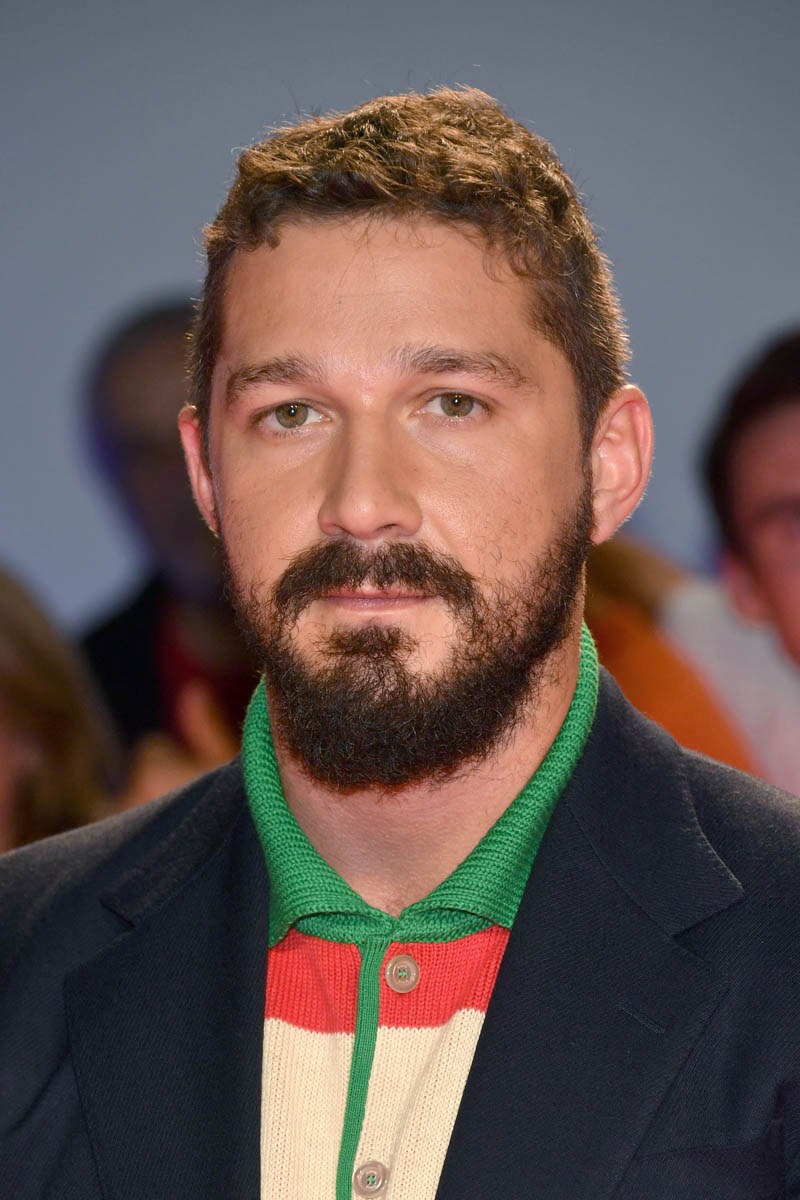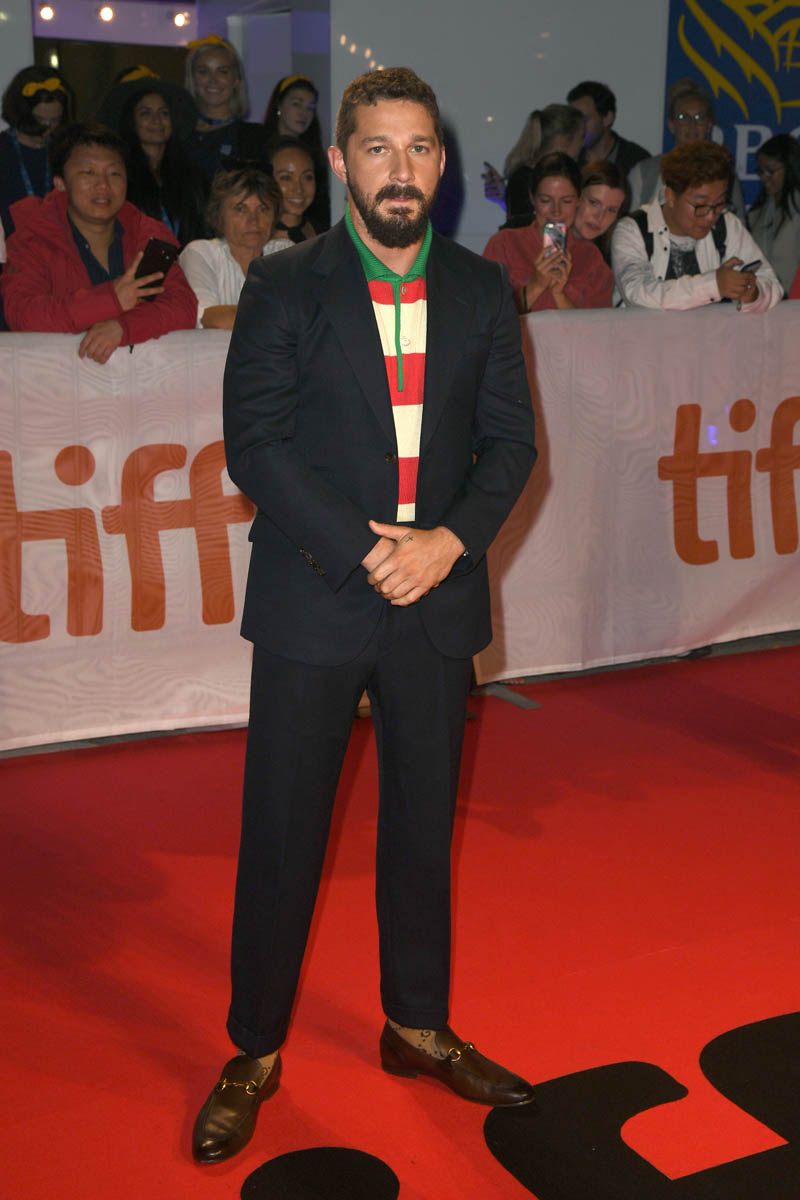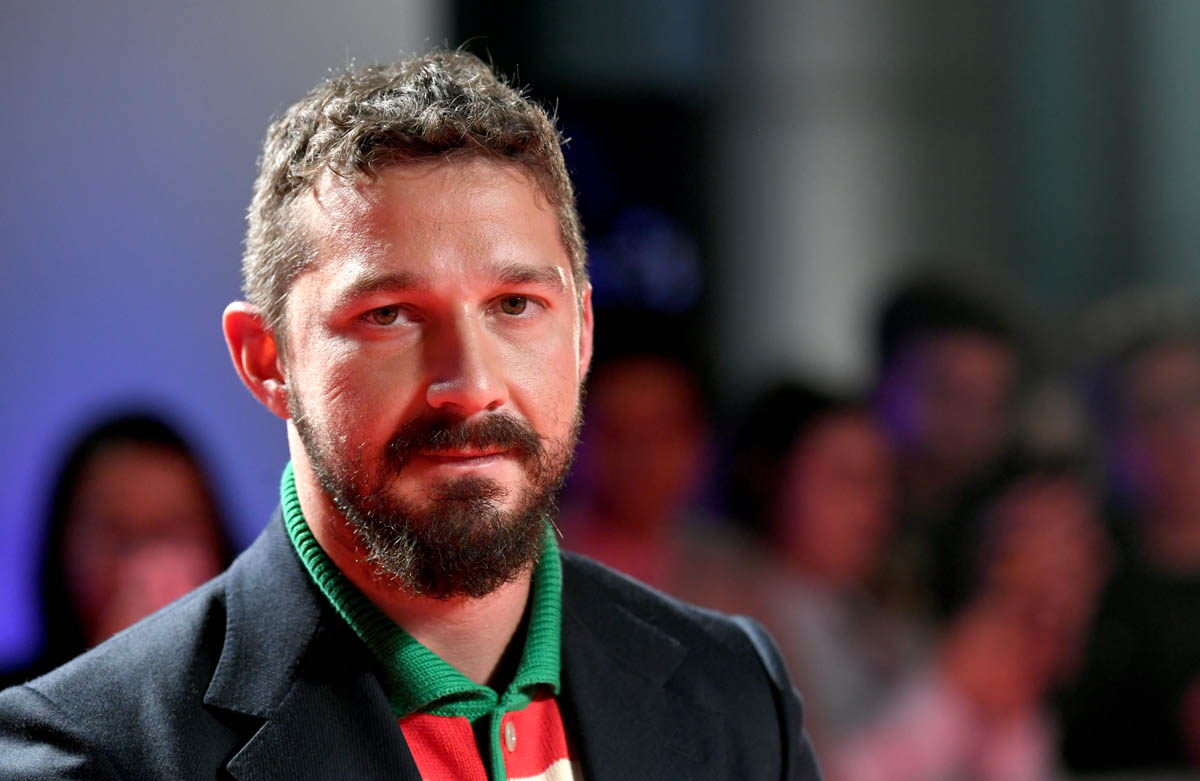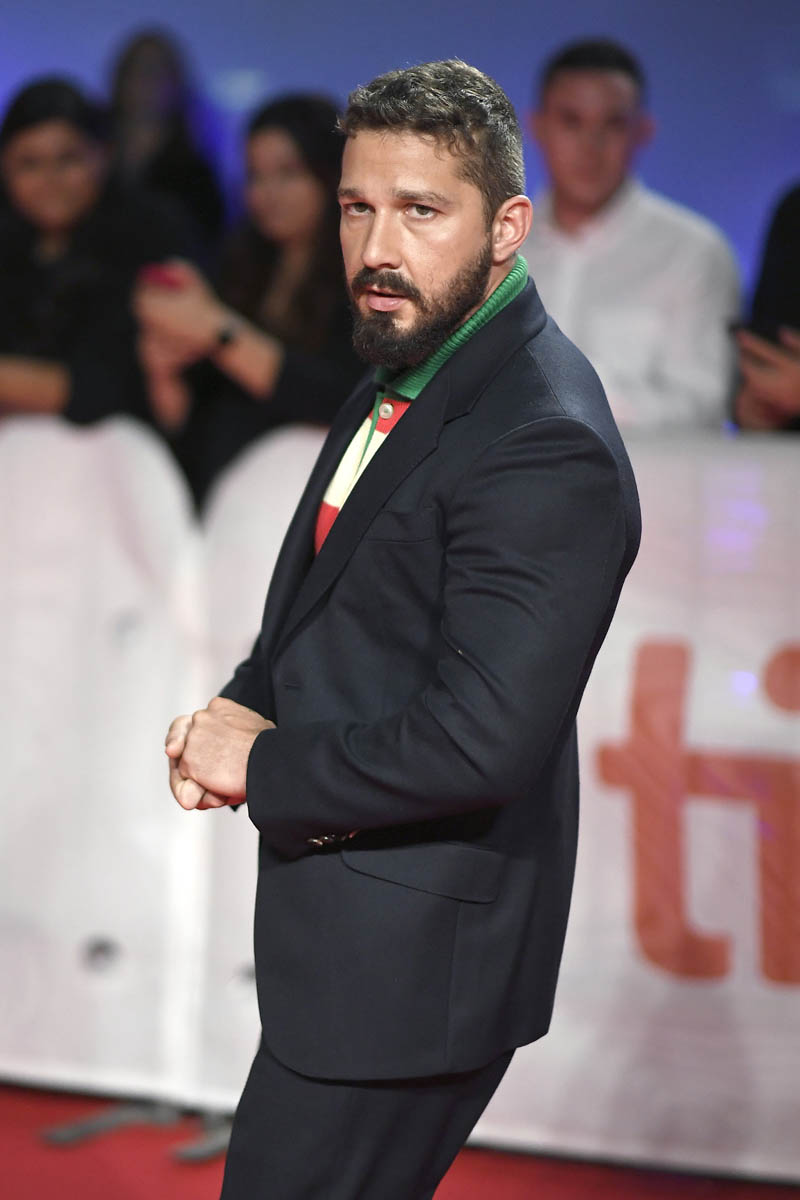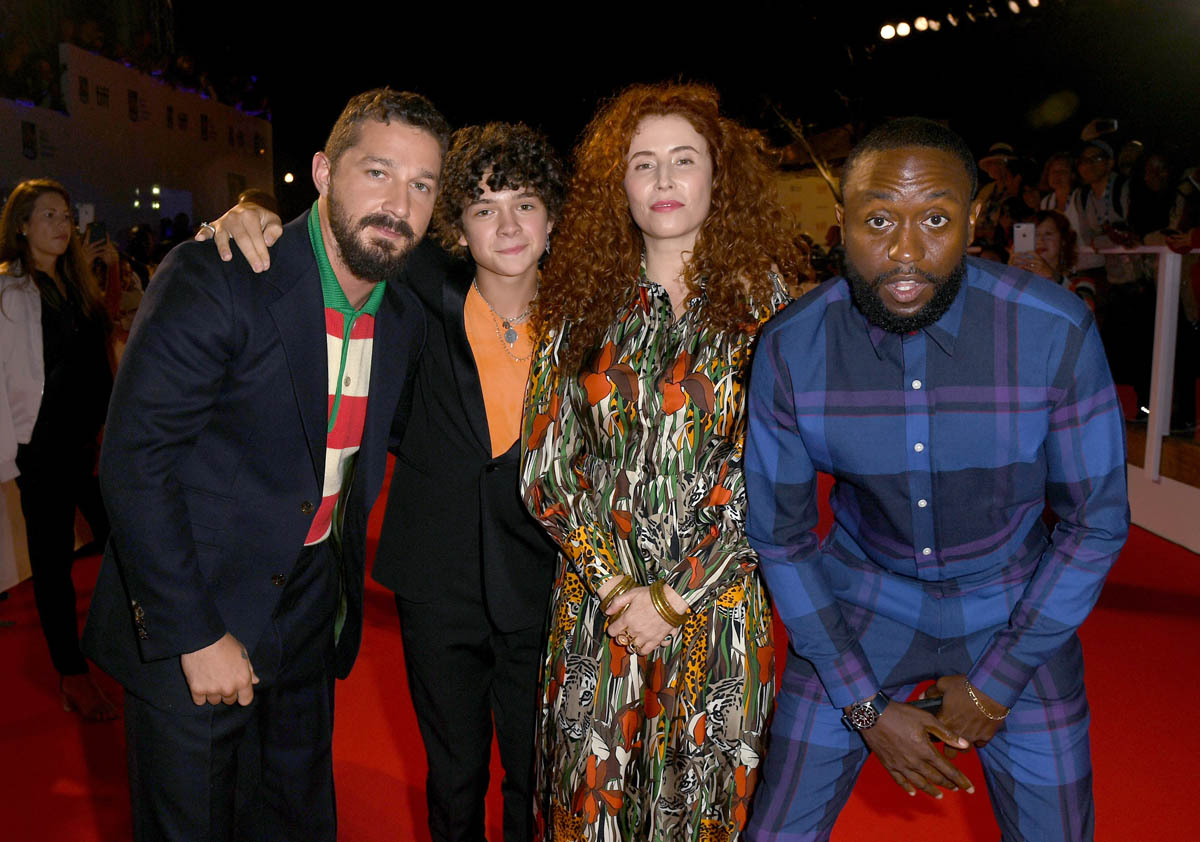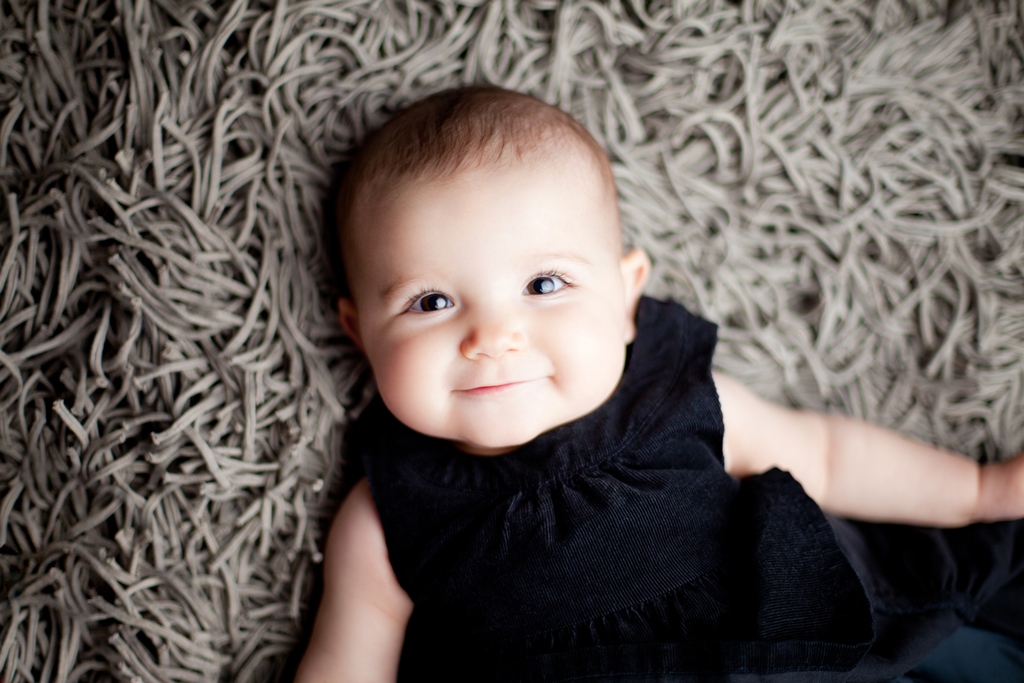Shia LaBeouf’s Honey Boy: the child actor who became a movie star


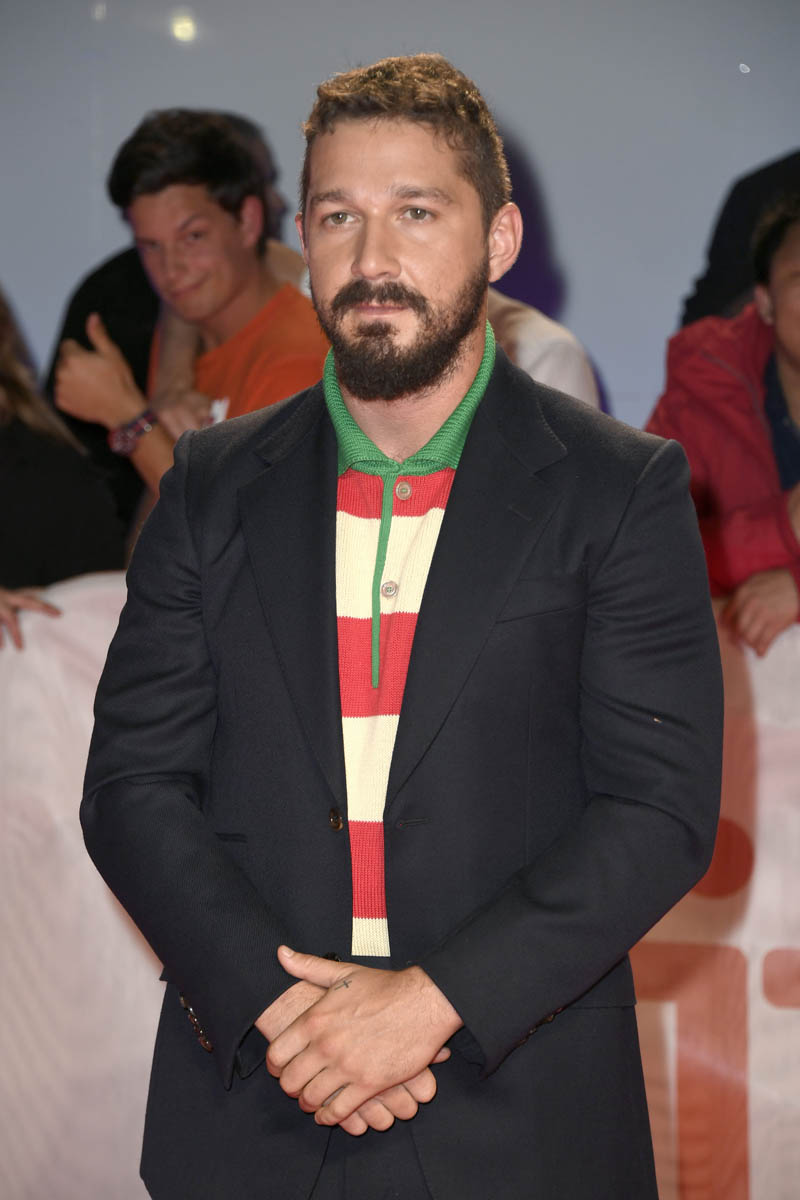

Shia LaBeouf wrote Honey Boy based on his own childhood as a young star, and plays his own father, here renamed “James”. The film is directed by Alma Har’el, making her feature film debut. Two things about Honey Boy are true: Shia LaBeouf is probably being too hard on himself, and Alma Har’el could be less up his ass about it. This film is bound to polarize, because its emotional core depends entirely on the audience having sympathy for a successful child star who turned into a successful movie star, who then had a series of public meltdowns of varying degrees of brattiness, and who now seems to be coming out of it as a more functional and introspective adult. Some people, no matter the context given, are just not going to have much sympathy for a person as successful as LaBeouf has been, especially when his public persona is marred by multiple outbursts of “do you know who I am” type behavior and racism. LaBeouf-the-writer seems aware of this, as Honey Boy starts with the grown “Otis” (Lucas Hedges) at his lowest: drinking to excess and getting arrested and being a total punk to practically everyone.
Honey Boy splits time between adult Otis in rehab trying to work out where he got PTSD—he doesn’t believe he has it because what is so bad about his life?—and young Otis (Noah Jupe) working as a child actor while living with his father, a former rodeo clown plagued by his own demons. Honey Boy is most effective in its first half, establishing Otis as a rising child star but living a decidedly unglamorous life at a motel on the outskirts of Los Angeles with his father. The first half of the film has a real Florida Project vibe, if only Moonee had been a Disney star.
Jupe is effectively doe-eyed and sad-faced, but while Otis is a kid clearly starved for ANY kind of affection, LaBoeuf avoids self-pity with his pen and Har’el manages the tone well enough. Her camera observes the good and bad moments between Otis and James with the same level of candor, not shying from the bad nor overplaying the (little) good. There are two particularly effective scenes, one in which Otis imagines the performed parental affection he receives on set taking the place of his actual, fraught interactions with his dad, and another in which he bonds with a neighbor girl in the motel (FKA Twigs) during a borderline inappropriate sleepover. It’s easy to see how this kid, too adult too young, begins mixing up love and sex and comfort, and how that connects to his out of control adult behavior.
But Honey Boy starts spinning out in its latter half, as both young and old Otis seek peace with James. LaBeouf reaches for a pat ending at odds with the emotional messiness of the earlier part of the film, and Har’el follows him off the cliff, loosening the tone to embrace a fantasy that is, again, at odds with the early realism. LaBeouf doesn’t owe us any more of his story than he is willing to tell, but there are two distinct tones at work in Honey Boy and they don’t quite mesh. Most of Honey Boy is a straightforward telling of the story, though it cuts back and forth in time there are no indulgent flourishes from writer or director to suggest self-pity. But right at the end it takes a meta turn which is self-indulgent and only reiterates LaBeouf’s intent to make the movie we’re watching. Can You Ever Forgive Me? handles a similar moment by making it part of the reality within the film, but in Honey Boy the meta moment comes in a fantasy sequence, which is dangerously close to “it’s all a dream” territory, when the film up until then is invested in gritty reality.
Honey Boy is more than just an indulgence by Shia LaBeouf, though it is rooted in his lived experience. By completely excising any hint of glamour, the film stays away from aggrandizing a system that tolerates the neglect and occasional abuse of a child, and also makes the film not at all about the life of a child star and very much about the life of an addict’s son, who is also an addict. Much of Honey Boy is unflinching, a little bit of it seems like wish fulfillment. I suppose that’s the natural outcome of a film about a grown son coming to terms with an imperfect, disappointing father who, nonetheless, had a hand in shaping him into a wildly successful adult.


